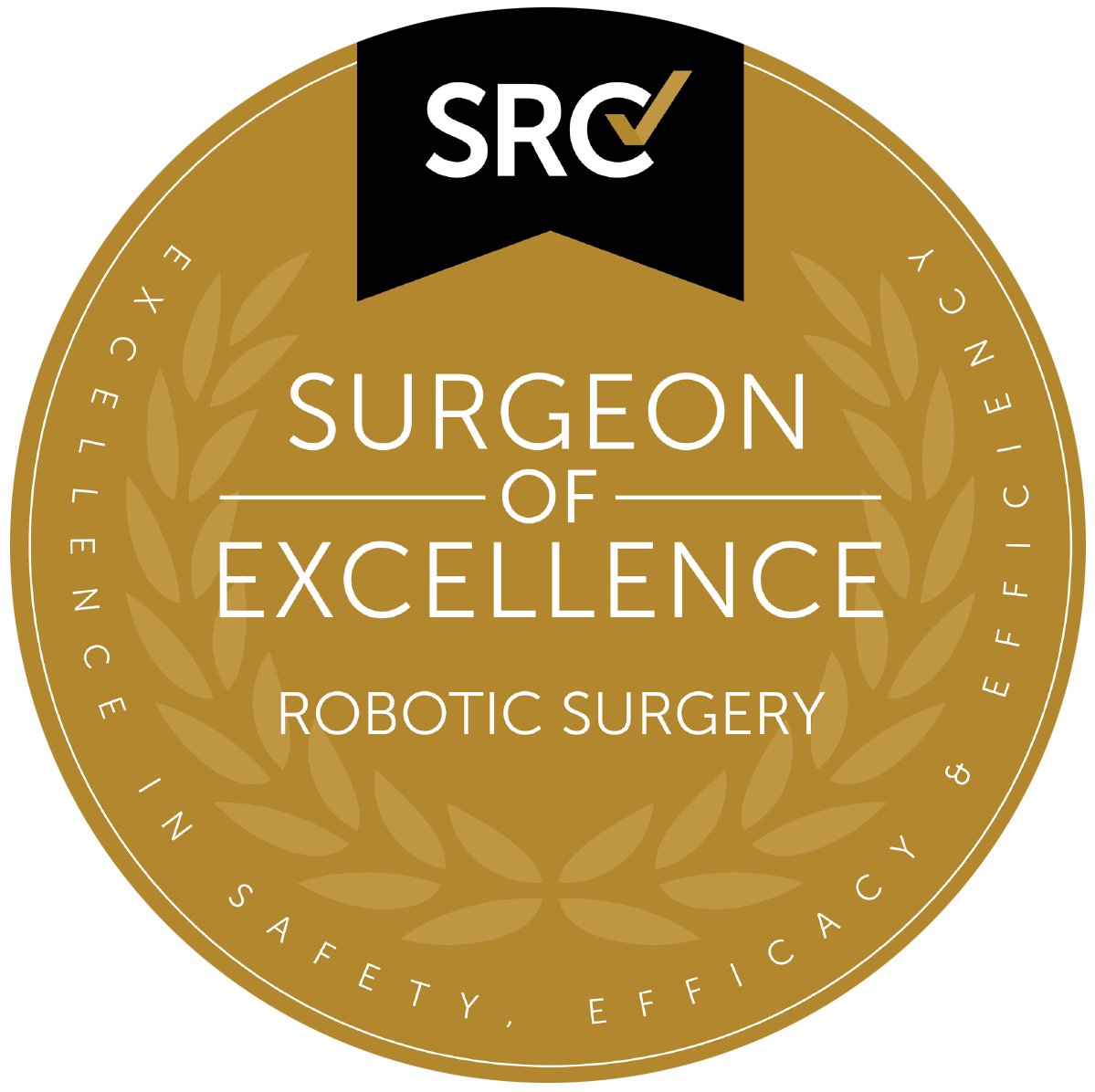
Hiatal hernias are a common occurrence, yet most adults are unaware they have one. It’s estimated that 60 percent of adults develop some type of hiatal hernia by the time they turn 60. If you’re reading this, chances are you suspect you may have a chest hernia and are searching for information. Symptoms don’t always occur, so it’s essential to see a hernia specialist in California for a formal diagnosis and treatment.
In the meantime, here are some common hiatal hernia questions and answers to keep in mind.
- What is a hiatal hernia?
- What causes a hiatal hernia?
- Symptoms of hiatal hernias
- How do gastroenterologists diagnose hiatal hernias?
- What treatment options can relieve a hiatal hernia?
What is a Hiatal Hernia?
A hiatal hernia is a bit different from a ventral hernia. Instead of protruding from the abdominal wall, hiatal hernias develop in the chest cavity. As the abdominal and diaphragmatic muscles become weaker and separate from old age, trauma, or some other cause, the stomach forces its way up into the chest cavity or diaphragm.
As the stomach squeezes through this opening, it also leaks gastric acid. Many people with hiatal hernias experience this as acid reflux or regurgitation.
There are four degrees of hiatal hernias: I, II, III, and IV. Type I chest hiatus hernias are the most prevalent. This type of hernia can slide in and out of the chest when triggered. Types II, III, and IV hiatal hernias are commonly called paraesophageal hernias because the stomach slides into the chest via a small opening next to the esophagus.
What Causes a Hiatal Hernia?
Currently, there is no singular cause for hiatal hernias. The condition is often caused by too much pressure on the abdominal area. The longer the pressure occurs, the greater the likelihood of abdominal wall instability and a portion of the lower esophagus, stomach, small intestines, colon, rectum and liver, gallbladder, pancreas, or spleen force their way into the chest area. Also, the lower esophageal seal may be compromised, causing reflux, requiring repair.
The following actions are known causes of hiatal hernias.
- Vomiting
- Coughing
- Heavy lifting
- Straining during bowel movements
- Pregnancy
- Obesity
- Physical strain
- Fluid in the abdomen
- Congenital abnormalities
- Injury
These are other causes, many dependent on patient health and lifestyle.
Symptoms of Hiatal Hernias
Hiatal hernia symptoms vary greatly. Some individuals have no signs or issues indicating there is a hernia present in their chest. Others may experience mild to severe symptoms, especially after eating or bedtime.
The most common symptoms of hiatal hernias include the following:
- Feeling full sooner than normal
- Having to eat smaller amounts of food
- Shortness of breath
- Pain or discomfort in the chest, diaphragm, or upper stomach
- Anemia
- Gastroesophageal reflux disease (GERD)
- Acid reflux
- Trouble swallowing
- Heartburn
- Bloating
- Bitter or acrid taste
In some cases, hiatal hernia symptoms are mistaken for GERD or indigestion. Yet it is possible to have GERD without a hiatal hernia and vice versa. There is no way to predict who will develop symptoms. However, timely treatment is necessary to prevent severe discomfort and additional medical concerns.
Chest pain is a common symptom of heart attacks. If you experience chest pain, even though you suspect it is related to a hiatal hernia, don’t ignore it. Head to the nearest emergency room immediately.
How Do Gastroenterologists Diagnose Hiatal Hernias?
Because hiatal hernias can be asymptomatic, gastroenterologists don’t rely on physical examination for diagnosis. In addition to considering the patient’s symptoms, they rely on the following types of diagnostics:
- Endoscopy (EGD)
- Barium swallow test
- Esophageal manometry
- CT scan
Gastroenterologists can use any of the above diagnostics to detect hiatal hernias. But they generally confirm the diagnosis with an imaging test or endoscopy.
What Treatment Options Can Relieve a Hiatal Hernia?
Hiatal hernia treatment options range from self-management to surgery. Treatment considerations are made on the presence of symptoms, their severity, the stage or degree of the hernia, and other factors.
Patients with type I hiatal hernias who experience symptoms infrequently, like once or twice a week, can often take over-the-counter antacids and proton pump inhibitors and make positive dietary and lifestyle changes to improve their health and weight.

Hiatal hernia repair surgery is called Nissen fundoplication. At Orange County Robotic General Surgery, Dr. Abtin Khosravi, MD, performs laparoscopic, robotic-assisted, and open hiatal hernia repair surgery.
Both laparoscopic and robotic-assisted hernia surgeries are minimally invasive procedures. The incisions are small, there’s less trauma, and patients heal and recover faster than with open or traditional hernia surgery.
Key Takeaways
Surgery is the most effective way to repair a hernia. The operation requires the surgeon to reposition the misplaced organs and repair the damaged abdominal muscles. In some cases, repairs to the esophageal sphincter are necessary as well. Before suturing the patient up, the surgeon removes any damaged tissues and hernia sacs.
Recovery from hiatal hernia generally takes three to four weeks. During that time, patients should rest when they need to and follow all post-operative guidelines. It’s also important to refrain from heavy lifting and strenuous activities for a few months after hiatal hernia surgery to prevent reinjury, complications, and hernia recurrence.
Hiatal hernias are common and treatable with proper care and timely diagnosis. If you suspect you have one or are experiencing severe discomfort and symptoms, it’s time to contact Dr. Abtin Khosravi, MD, at Orange County Robotic General Surgery.
Contact Us
To find out if inguinal hernia repair surgery is right for you, Contact Orange County General Robotic Surgery at (714) 706-1257 for a consultation with Dr. Abtin H. Khosravi.


